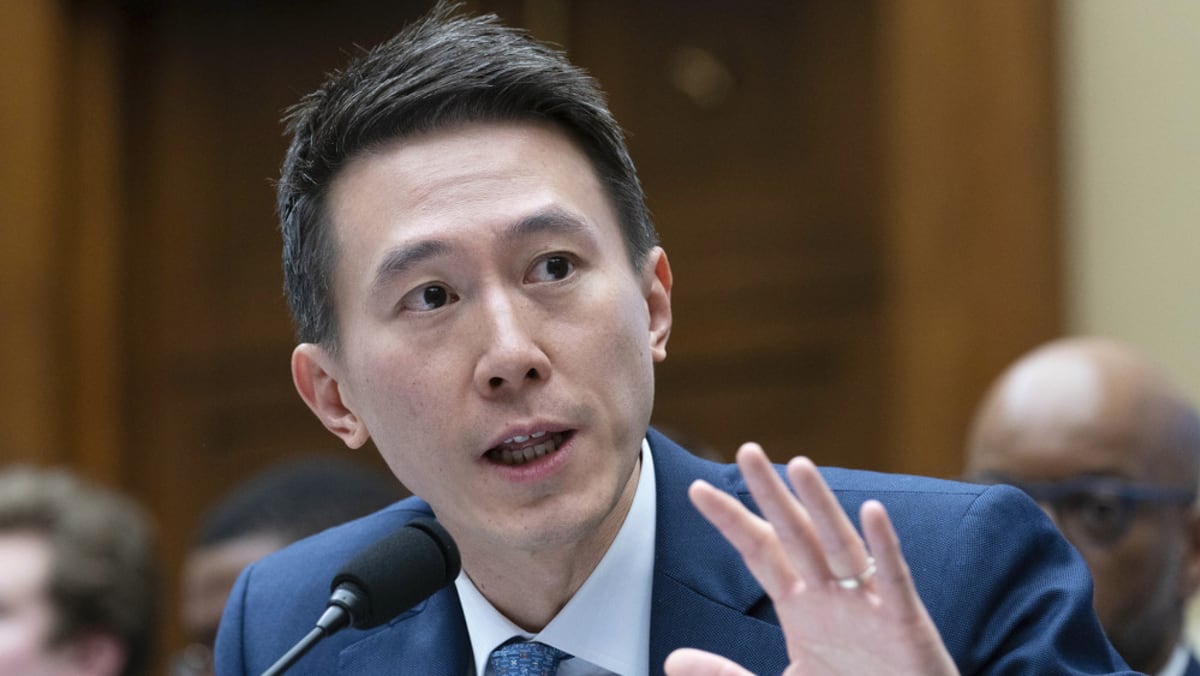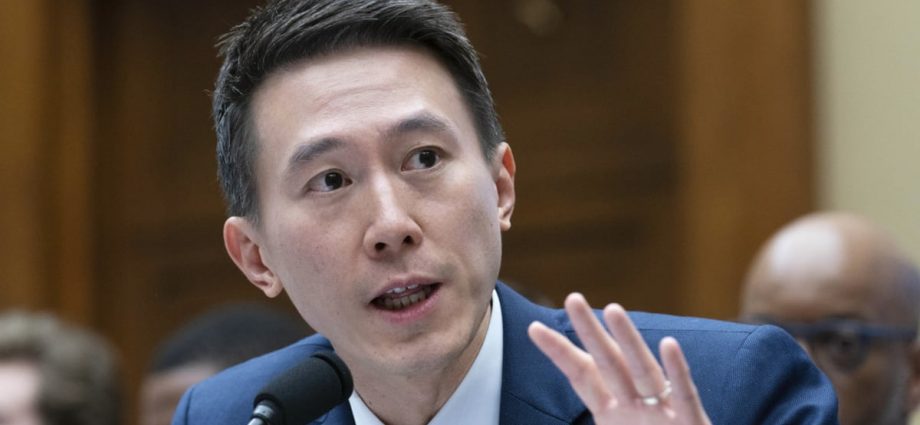
TOMAYTO, TOMAHTO
It is apparent that Chew had some distinctive American English features in his speech. His carefully practised introduction and prepared defence statements were littered with the postvocalic-r, one of the most distinctive features of American English.
The postvocalic-r is the articulation of the “r” sound at the end of words like “car” and “star”.
Most Singaporeans do not do this, but when they do, they may do it with the intention to sound more “American”.
Past research, my own included, has also shown that the postvocalic-r has been perceived as a prestige marker, and speakers of English may use the postvocalic-r deliberately to sound more “educated” or “high-class”.
Chew was also consciously using American pronunciation on certain vowels. The most obvious was the vowel in “dance”. While most Singaporeans would pronounce the word “dance” with the same sound as we would in the vowel of “car”, Chew instead pronounced it with the vowel like we would in the word “can”.
While these Americanised features may sound jarring and unnatural to some, there are many reasons to explain his speech patterns. Of course, we cannot discount personal circumstances. He has a Taiwanese-American partner, and he did a stint of his higher education in the US. The family environment and one’s educational journey are strong factors that influence one’s accent.
Personal reasons aside, there are also important strategic motivations to explain his use of American speech features.
Let us all remember that Chew was speaking to a group of American Congressmen and women. He was fighting for the survival of TikTok, and that responsibility sat squarely on his shoulders. He had to make sure that he was unequivocally understood. And more importantly, he needed to connect with these people who were grilling him, and as much as possible, even be liked by them.

